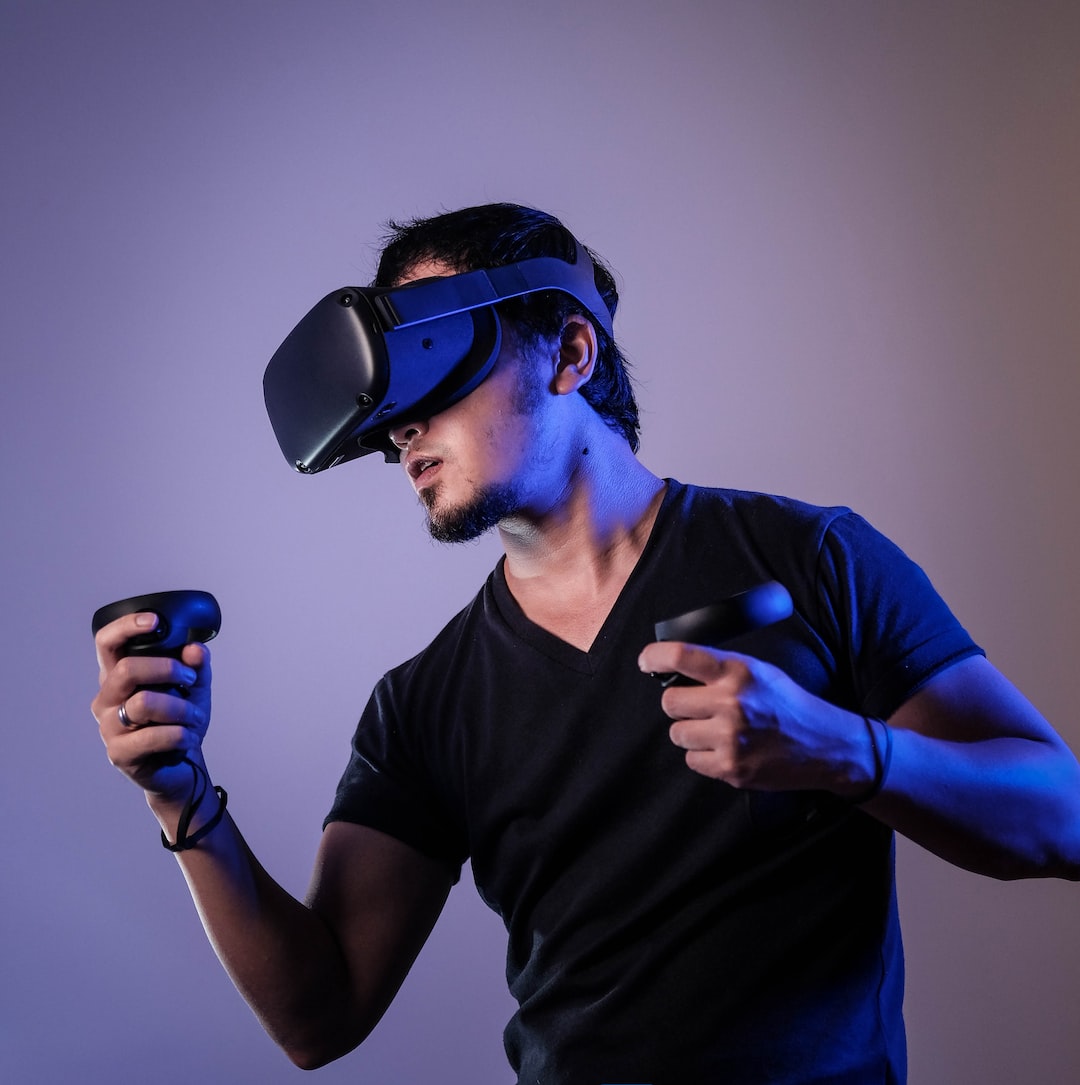Over the past few years, researchers have been exploring the connection between gaming and mental health. Some studies suggest that gaming can have positive effects on mental health, such as reducing symptoms of depression and anxiety, while others have found negative impacts, such as addiction and aggression.
One of the main ways in which gaming can positively impact mental health is through escapism. Games can be a way for individuals to escape from the stresses and anxieties of everyday life and enter into a different world where they can feel a sense of control and accomplishment. This can be especially beneficial for individuals who struggle with social anxiety or depression, as it provides a safe space to interact with others and develop new skills.
Furthermore, gaming can promote social connections and improve mental health outcomes. Online gaming communities can provide a sense of belonging and social support for individuals who may otherwise feel isolated or disconnected. Research has shown that individuals who regularly engage in online gaming are more likely to have a supportive social network and report better mental health outcomes.
In addition to providing positive mental health outcomes, gaming can also lead to negative impacts, such as addiction and aggression. These negative impacts are more commonly linked to excessive gaming or gaming that is used as a coping mechanism for underlying mental health issues.
For example, individuals who suffer from depression or anxiety may turn to gaming as a way to cope with their symptoms. While this can provide short-term relief, it can also lead to excessive gaming and a cycle of avoidance, which can worsen their mental health symptoms over time.
Likewise, excessive gaming can also lead to addiction, where individuals become so consumed with gaming that it interferes with their daily functioning and leads to negative outcomes. This can be particularly problematic for individuals who struggle with impulse control or have a history of addiction.
Another potential negative impact of gaming on mental health is aggression. Some studies have suggested a link between violent video games and increased aggression in youth, particularly in those who already have aggressive tendencies. While the causal relationship is not yet fully understood, it is important to consider the potential for gaming to promote violence and aggression.
Overall, the relationship between gaming and mental health is complex and can lead to both positive and negative outcomes. It is important for individuals to approach gaming in a balanced and healthy way, recognizing the potential benefits while also being mindful of the potential risks.
For individuals who are struggling with mental health issues, gaming can be a helpful coping mechanism, but it is important to ensure that it is not being used as a substitute for seeking professional help. Seeking therapy or medication when appropriate can provide more long-term benefits and help individuals build sustainable coping strategies.
In conclusion, the relationship between gaming and mental health is multifaceted and requires further research. While gaming can have positive impacts on mental health, it is important to approach it with moderation and mindfulness to avoid potential negative outcomes.

